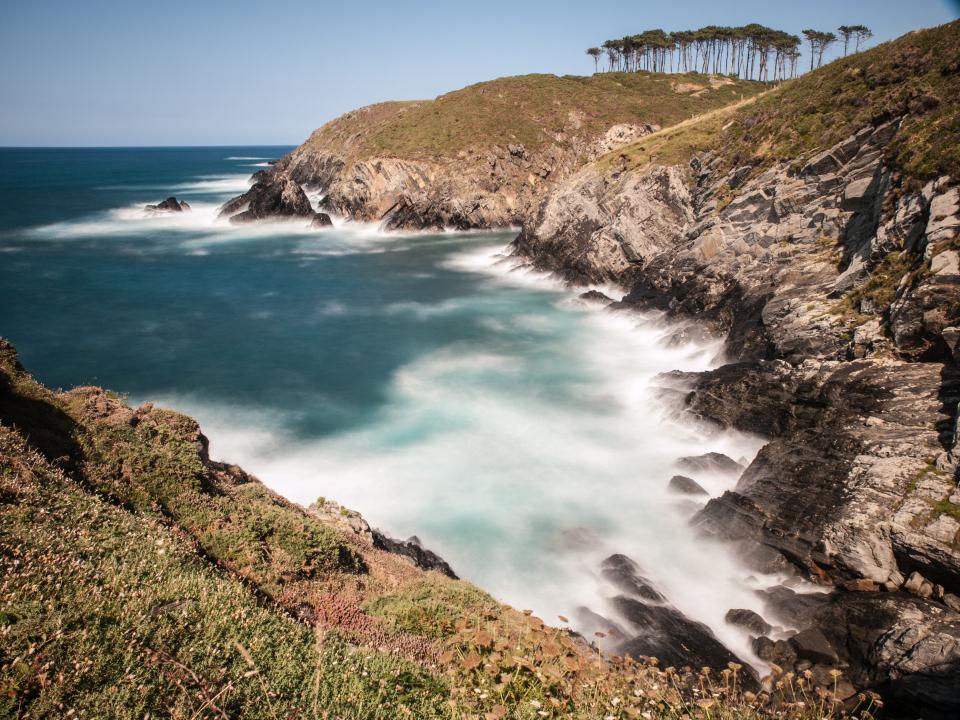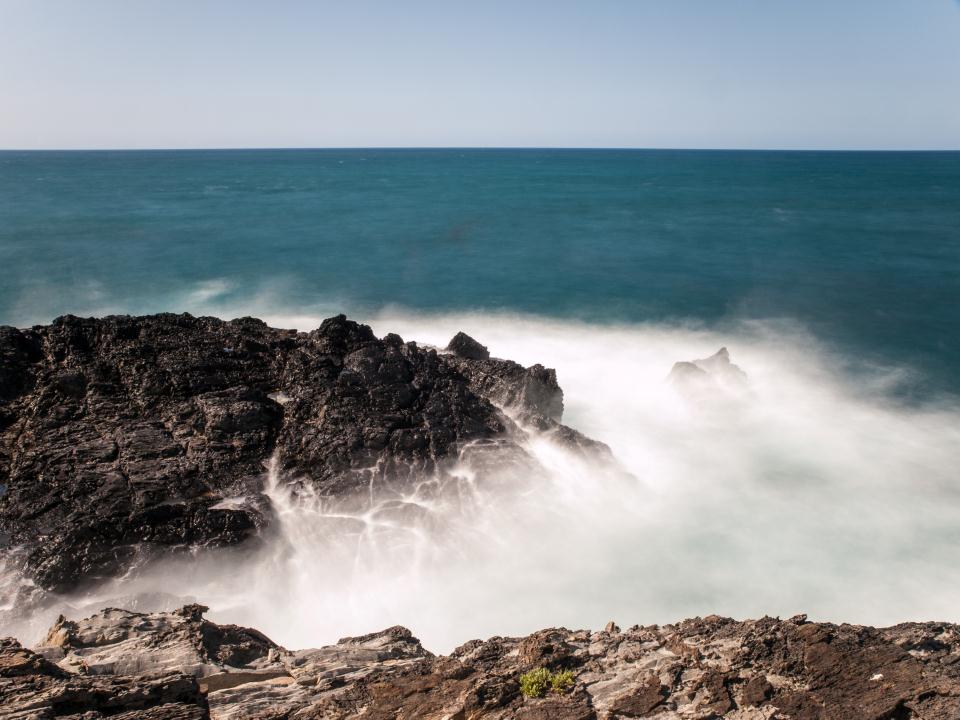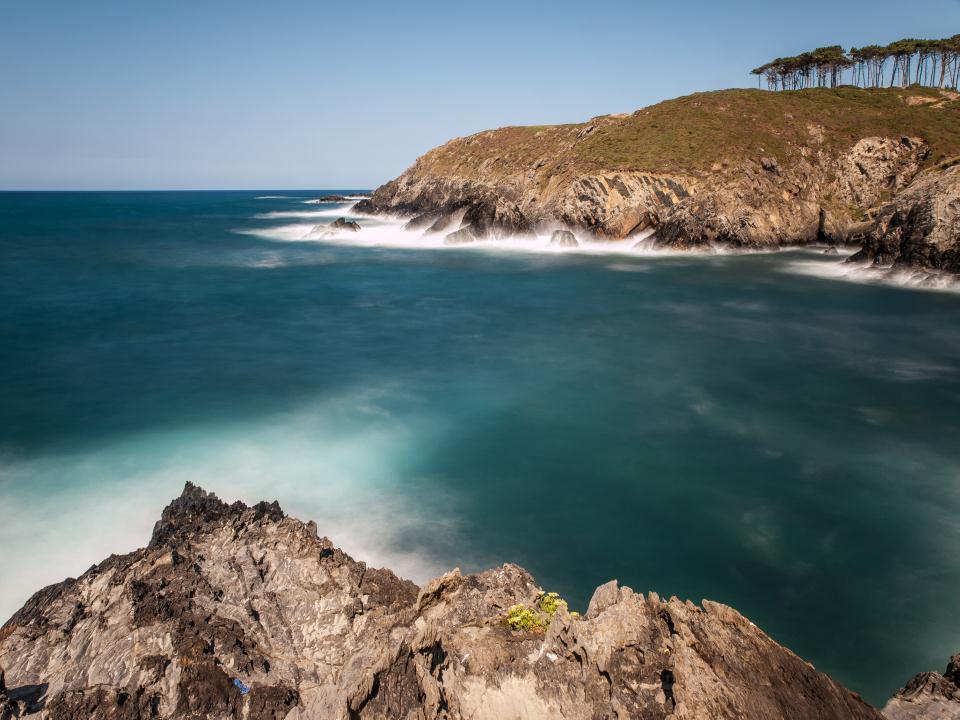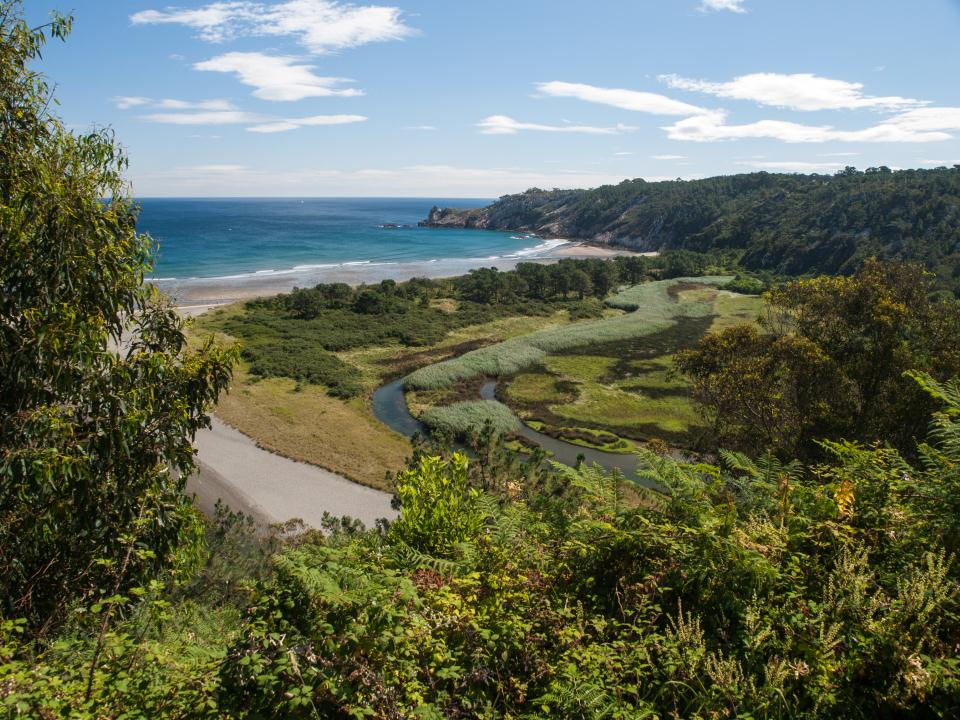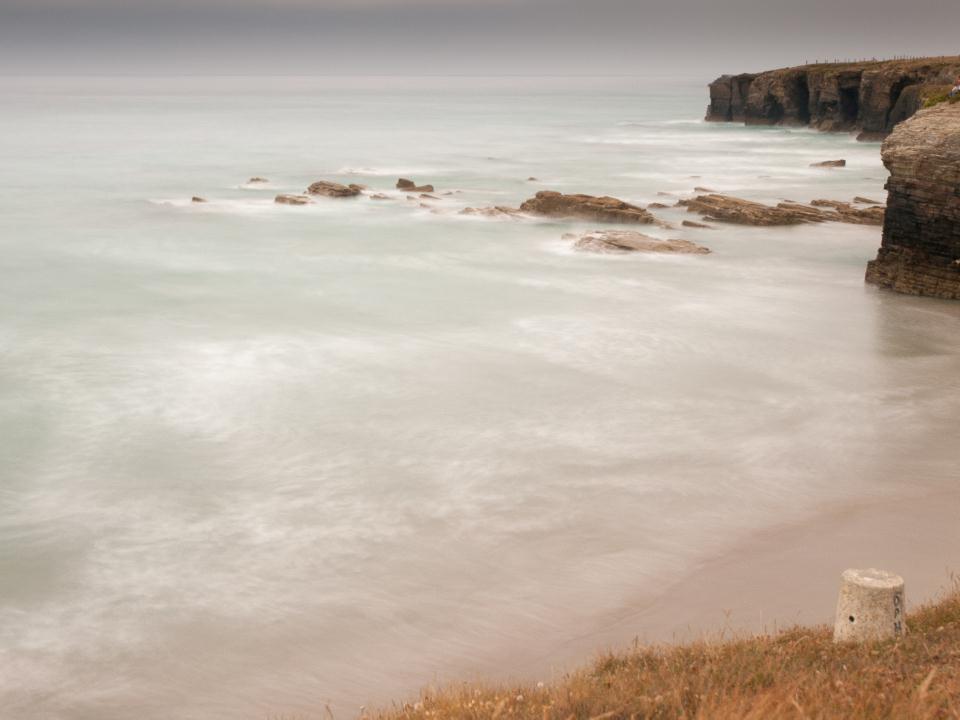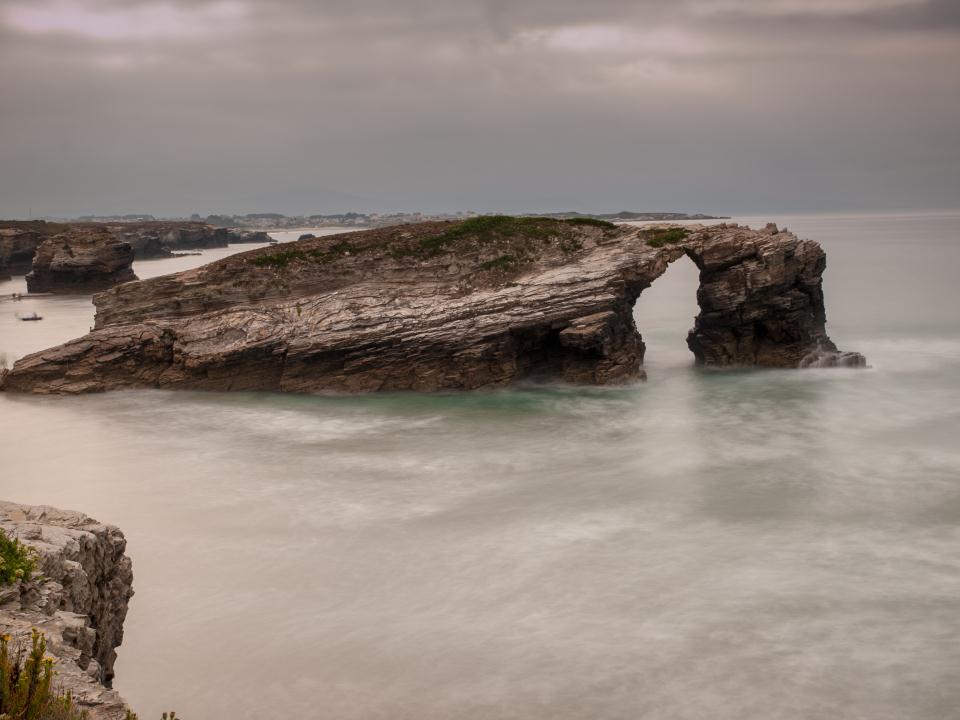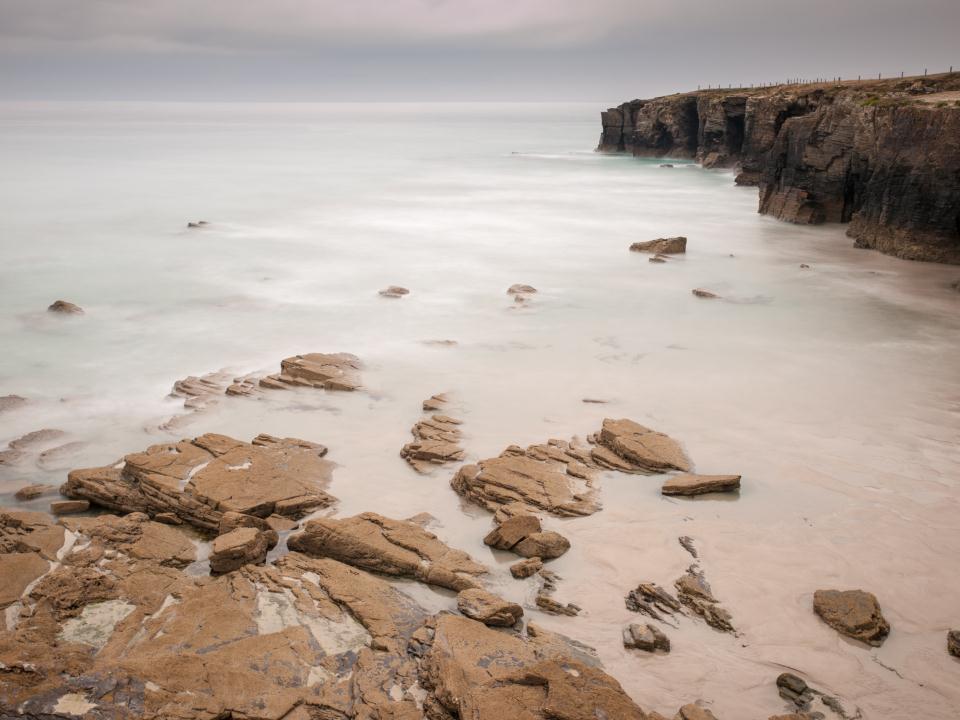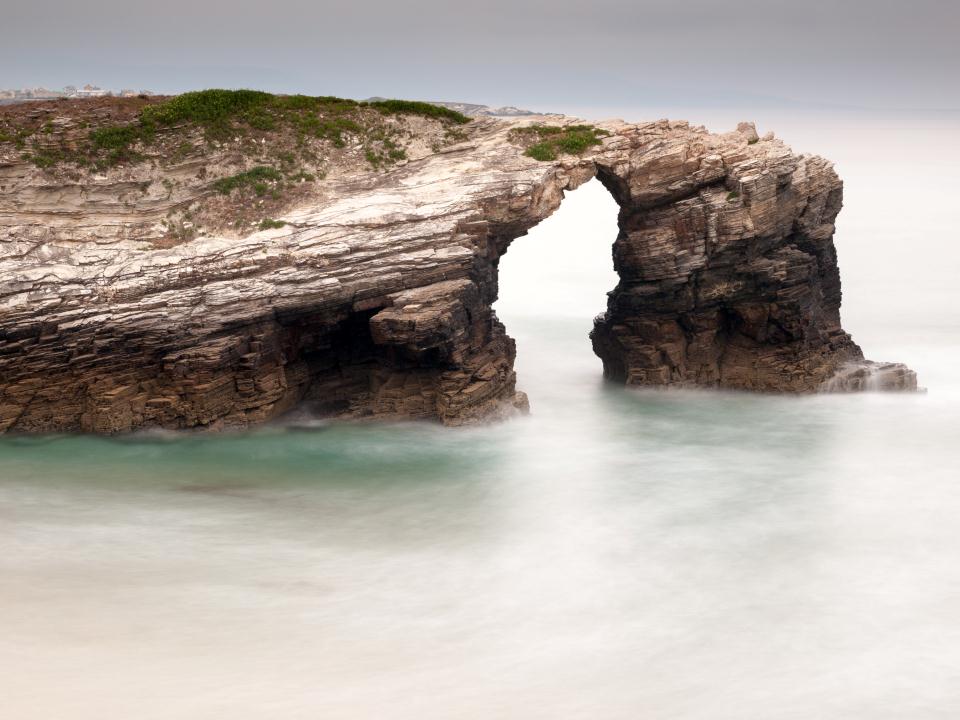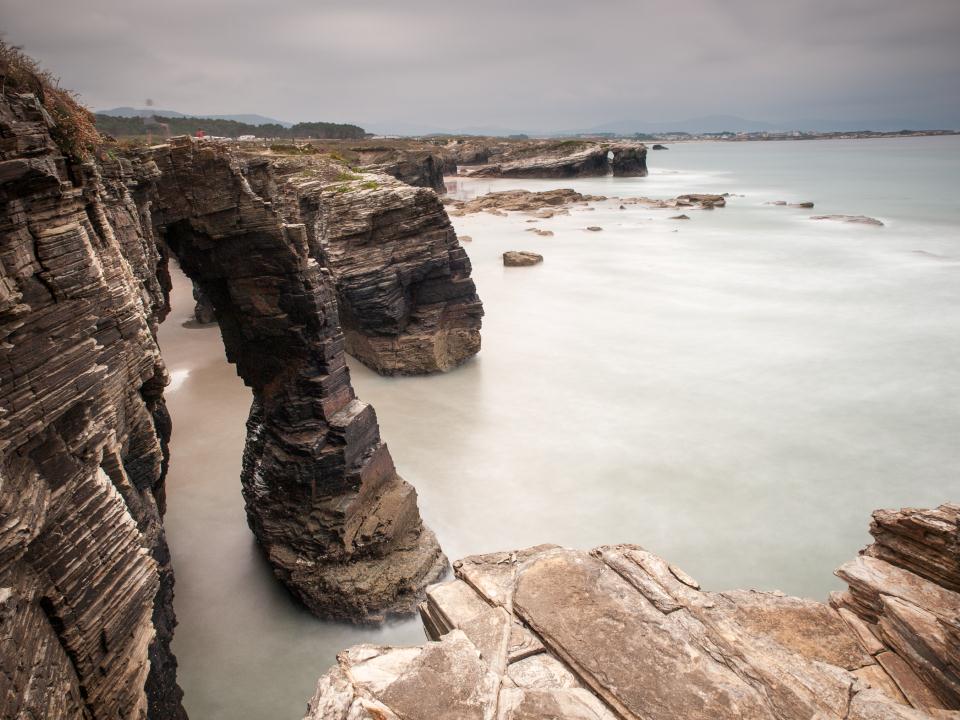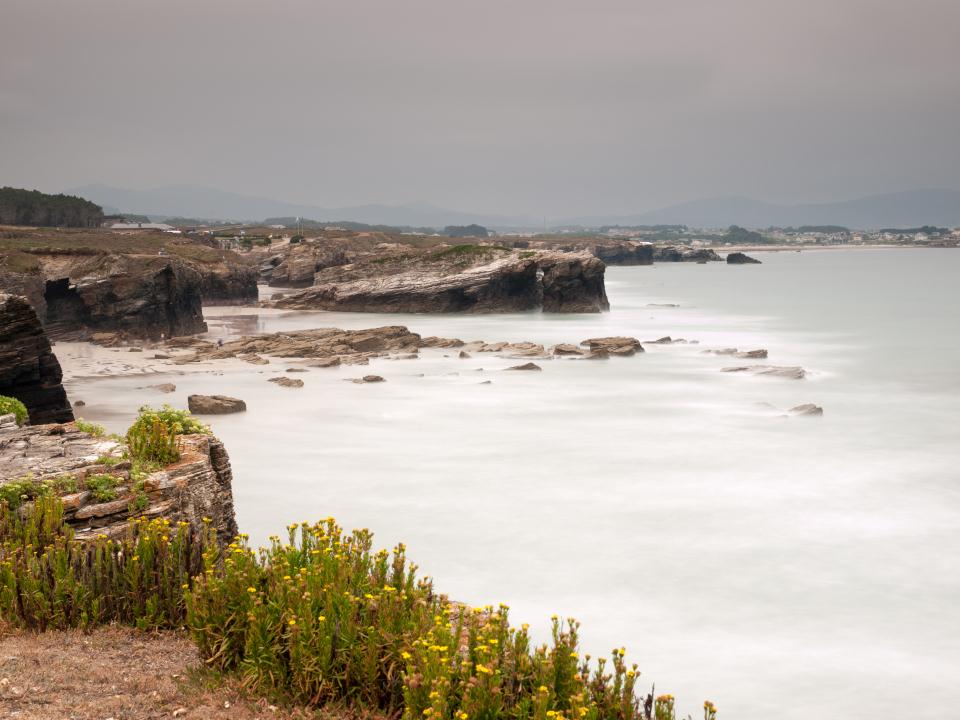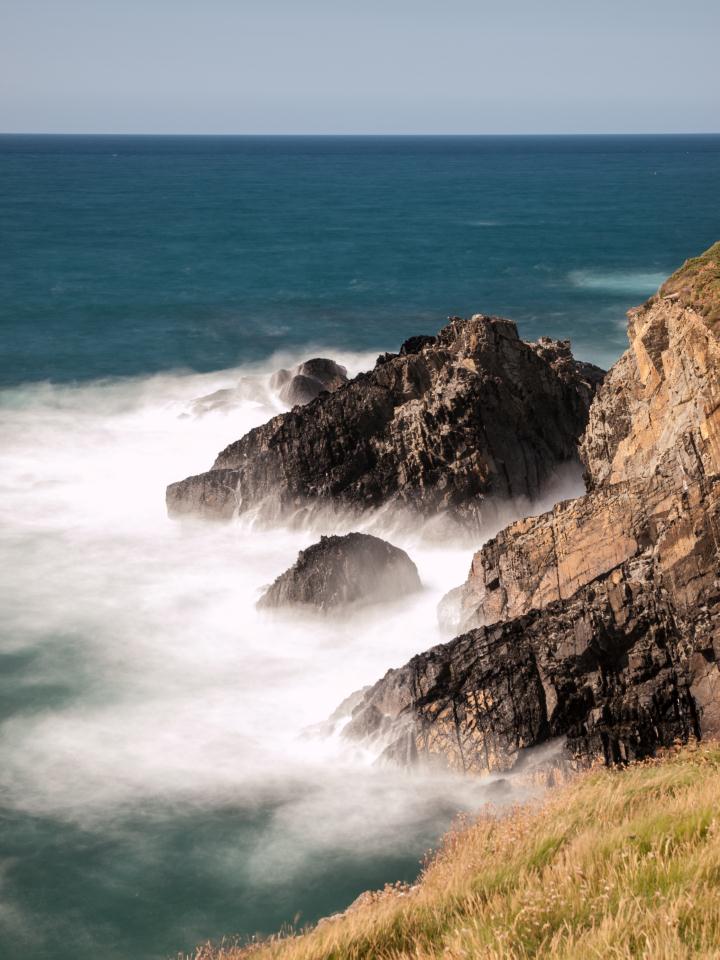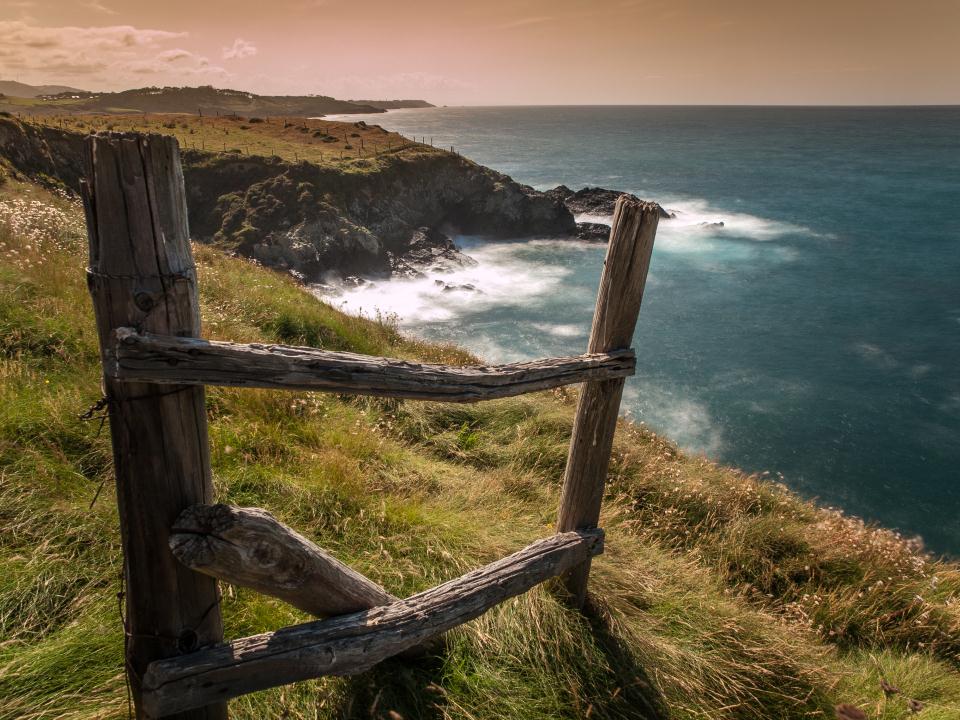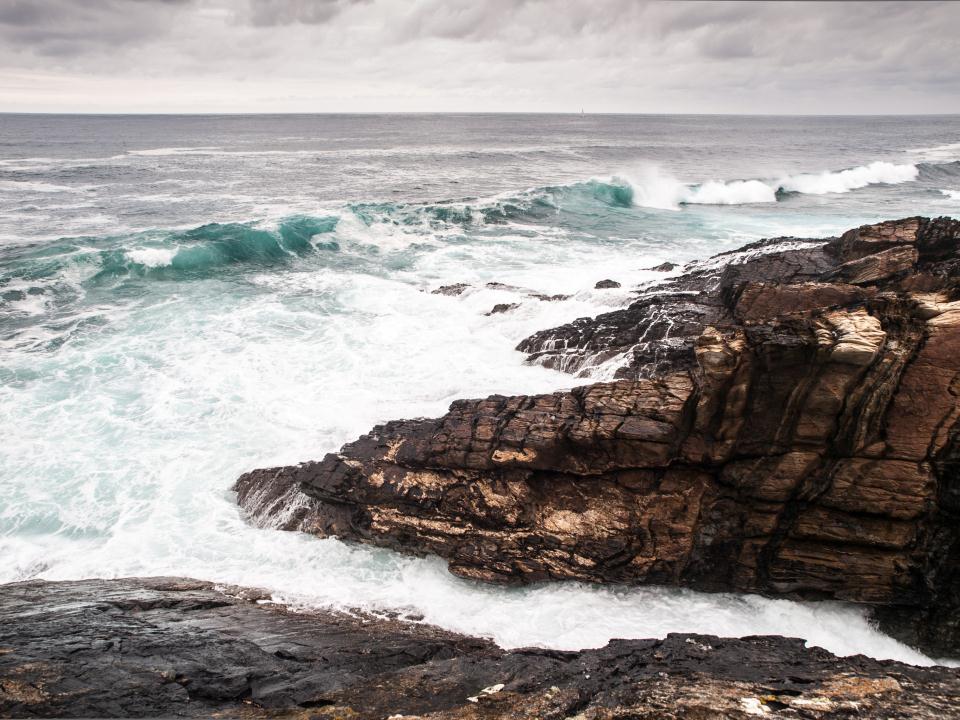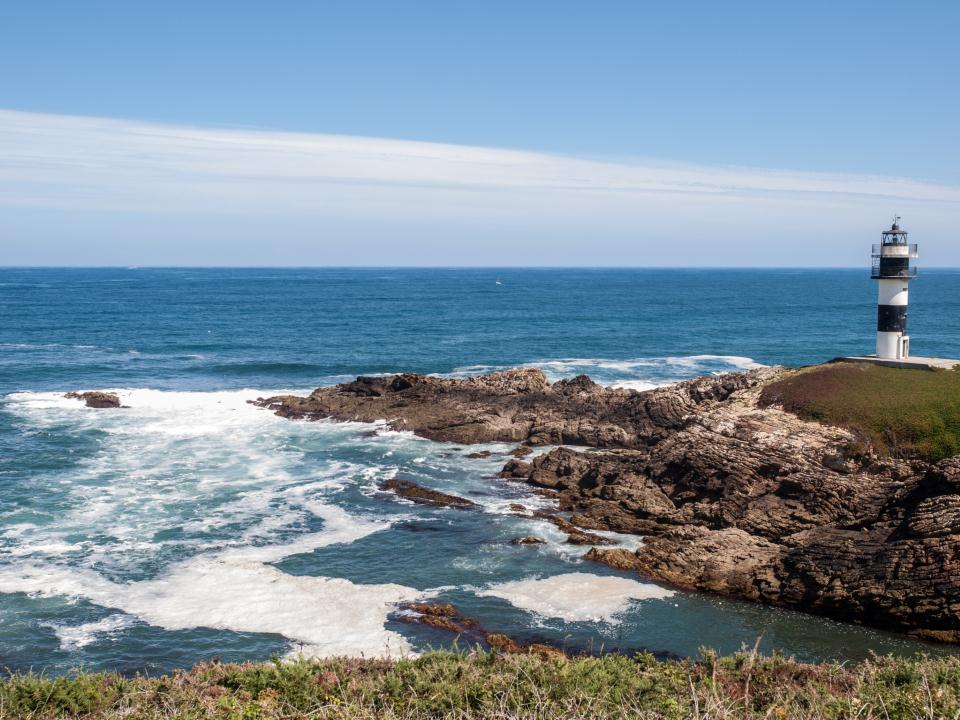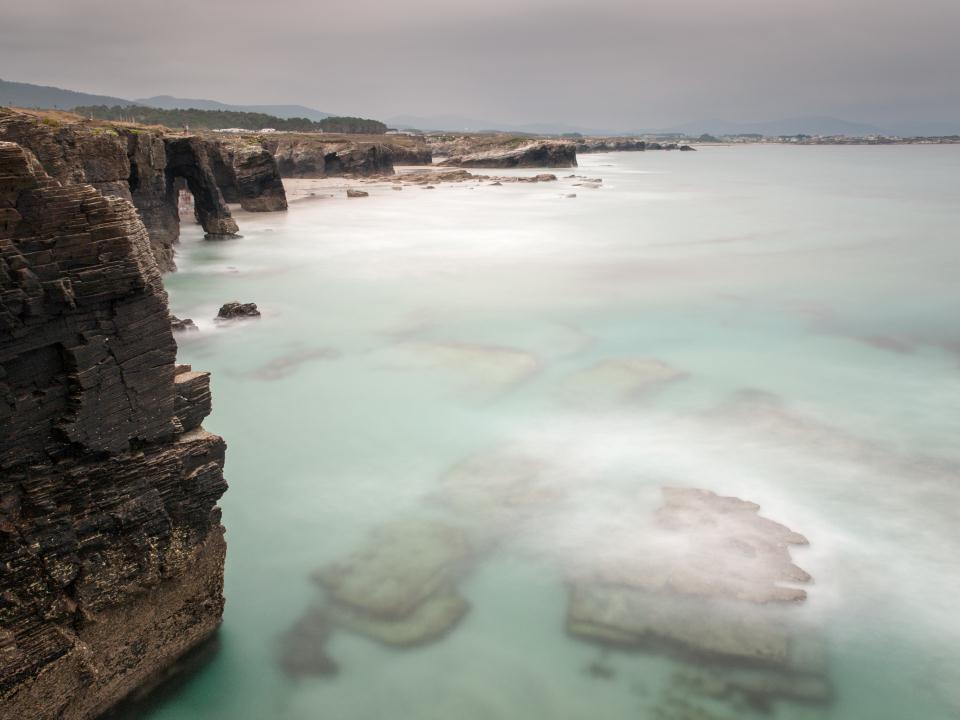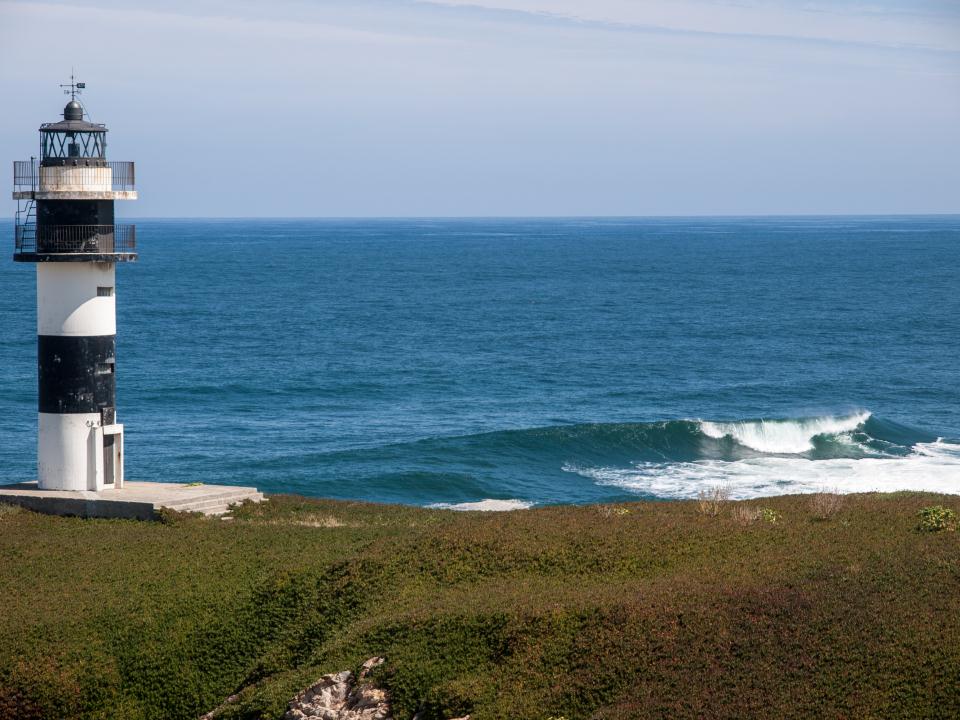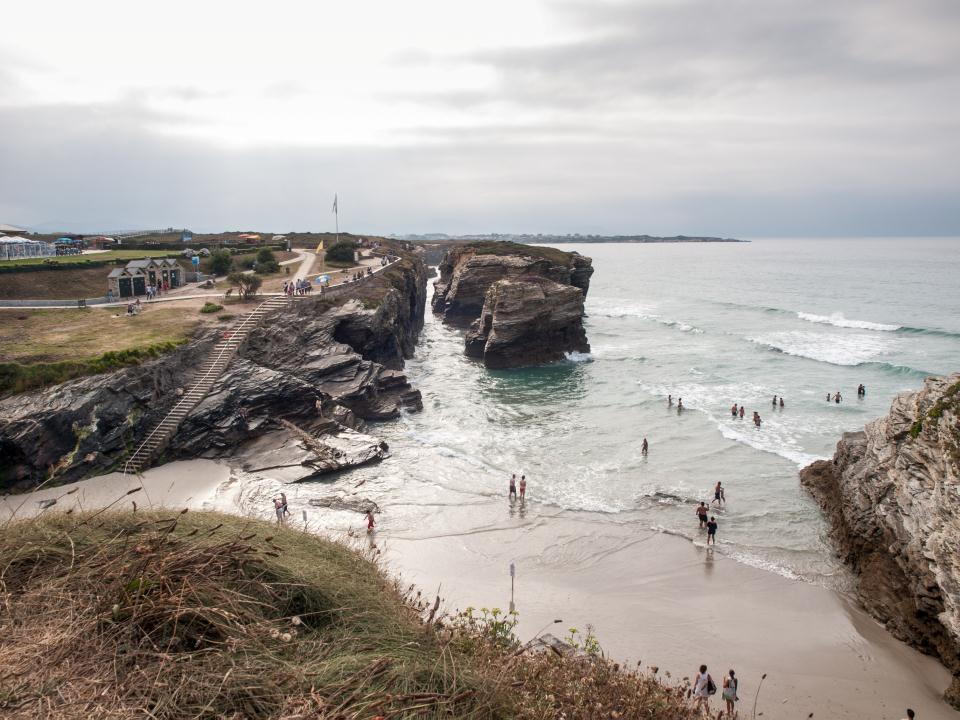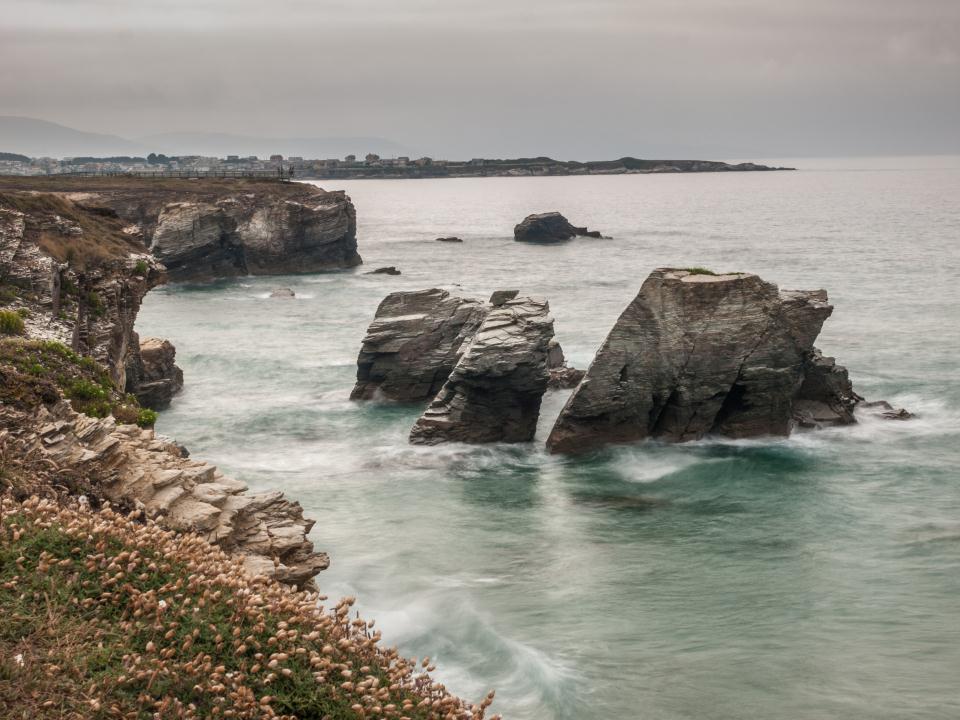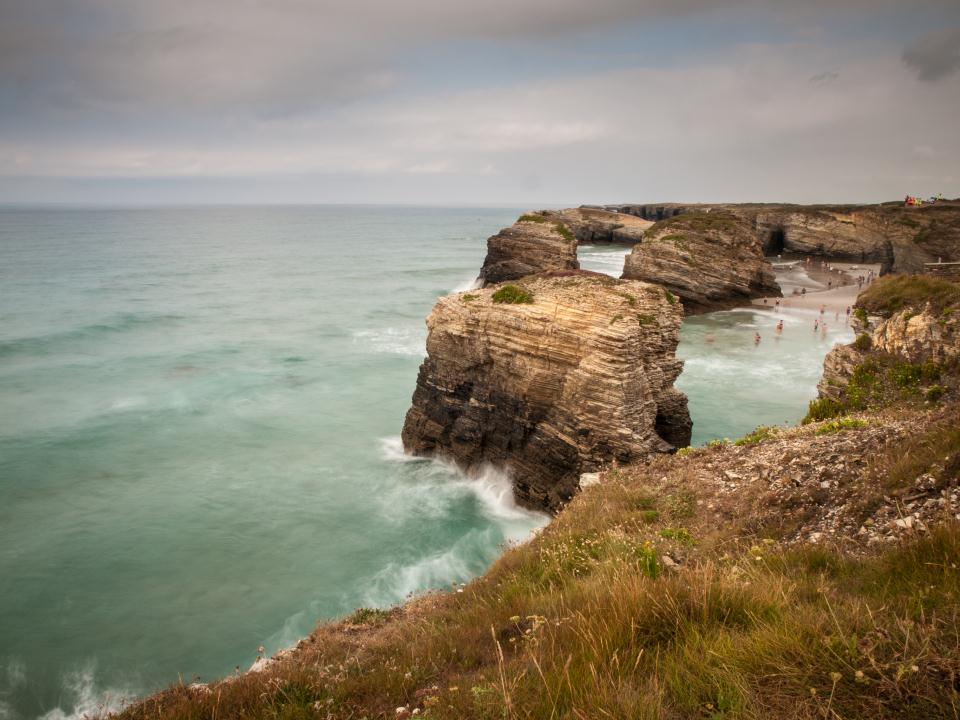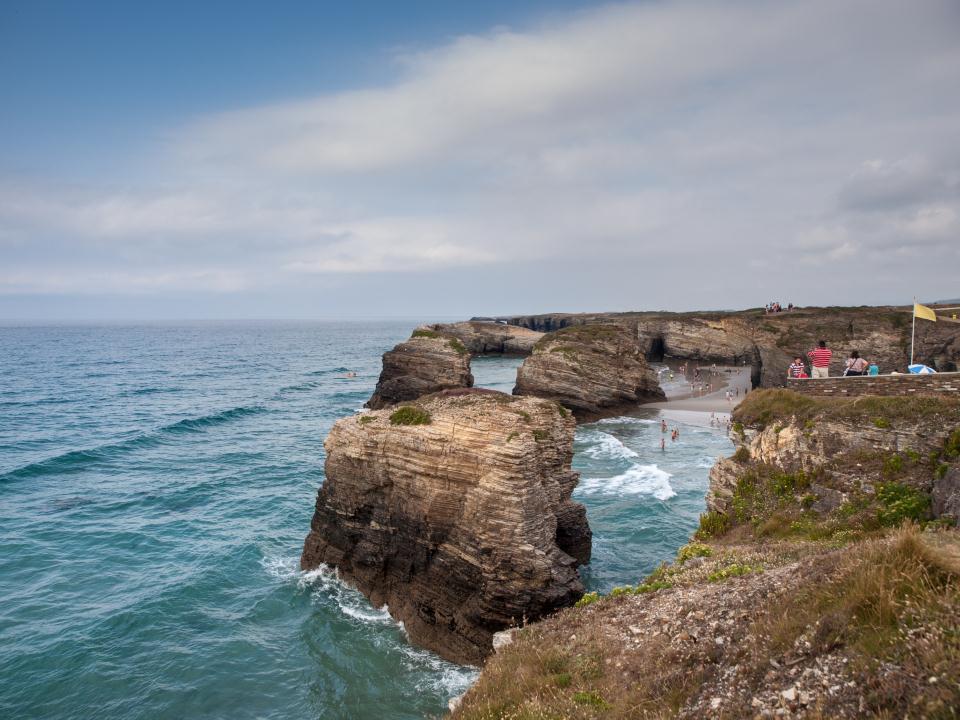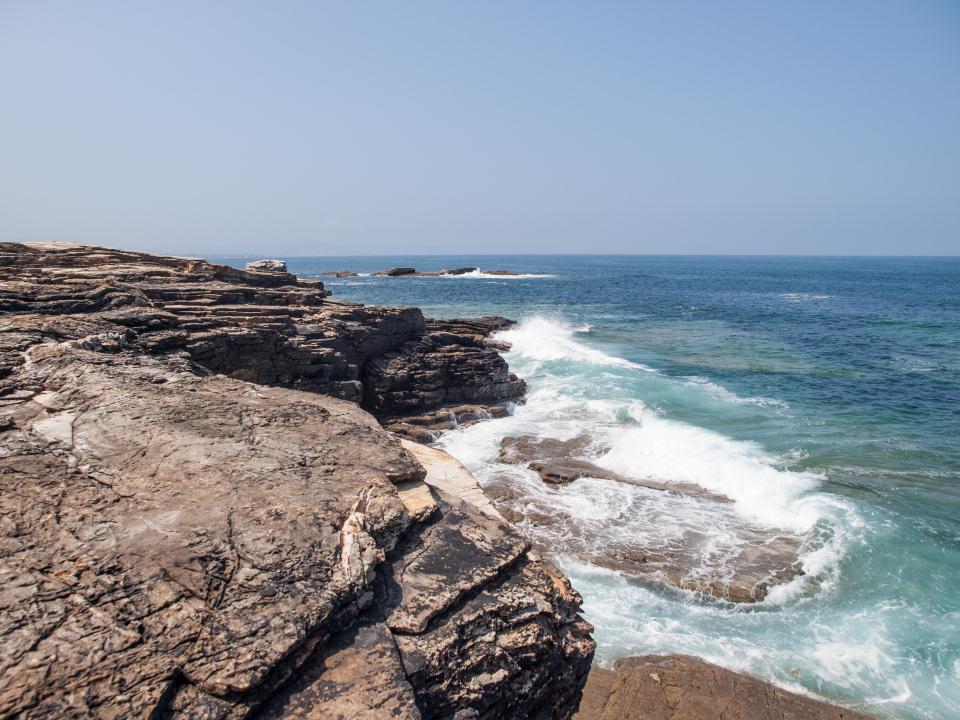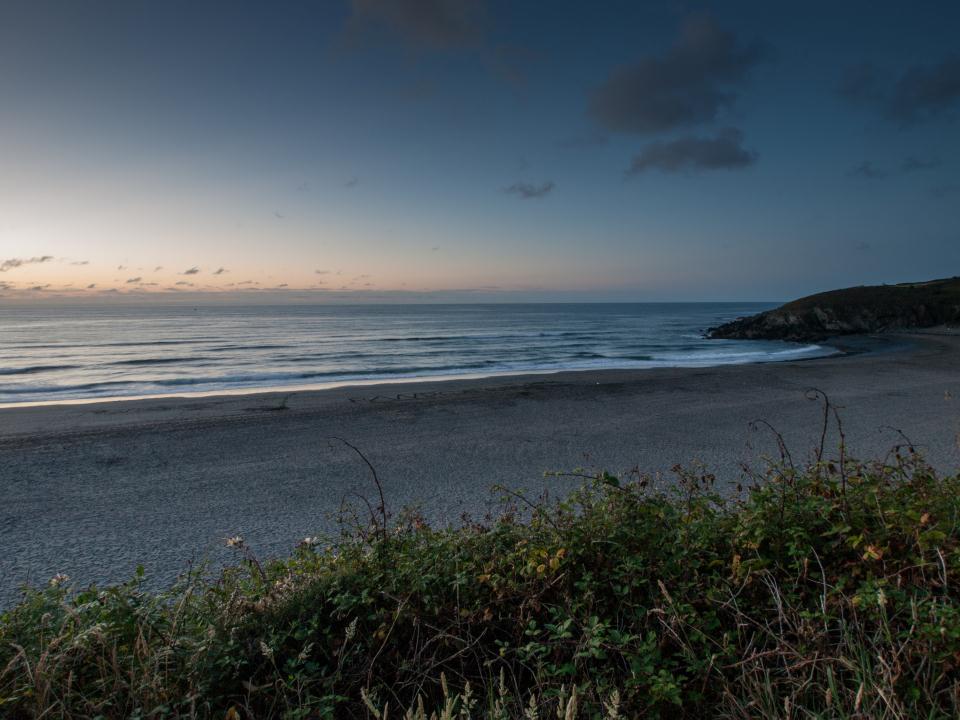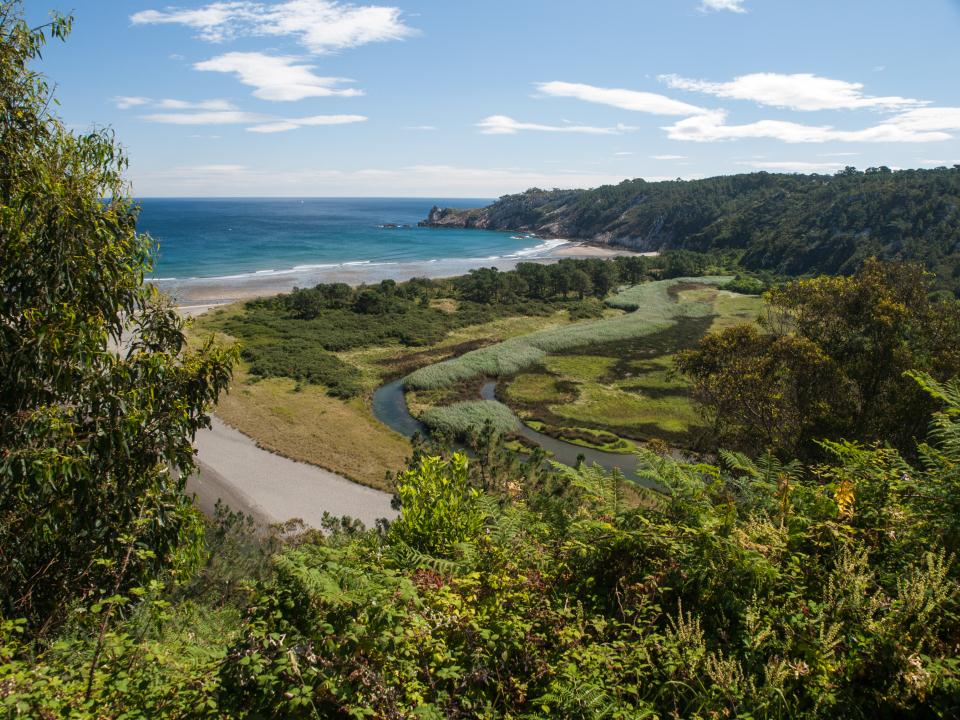World Oceans Day 2020
By Adrian Delgado
Jun. 08, 2020 15:20 GMT
2020 is a key year for the oceans. These are the largest ecosystems on our planet, home to 95% of life and responsible for generating most of the oxygen. In addition, they are responsible for regulating the ecological balance both on land and in water, hence their importance in their conservation and care. The goal set for this year is to reach a protection of at least 10% of the species that live in it.
The climate
The oceans play a key role in regulating the climate on our planet. They prevent extreme temperatures, that is to say, they are in charge of softening the climate and above all they are the machine that moves the whole system. The water that evaporates in the higher quality areas is transported to the colder areas where it condenses and precipitates, watering our fields, filling our reservoirs and even cleaning the air we breathe by dragging the contaminating particles in suspension to the ground.
The oceans are also a buffer against global warming as they absorb heat. Over 90% of the warming that has occurred on Earth in the last 50 years has occurred in the ocean. This causes them to change their physicochemical and therefore biological properties affecting every organism that inhabits the planet without exception. For example, when the sea gets too hot, in addition to acidification, it causes the bleaching of the coral reefs and with it all the fauna that depend on them.
The air we breathe
Rainforests are often referred to as “the lungs of the Earth”, but the oceans and the life that lives in them also contribute to the balance. The life they support is capable of producing more than half of the world’s oxygen and absorbing about a quarter of the carbon dioxide we release into the atmosphere. The oceans, by absorbing this gas that we humans produce in large quantities, are acidified, affecting marine species such as plankton, corals and ultimately ourselves, humans.
The energy that moves us
The oceans are not only important for their marine species richness, they also provide us with energy. Offshore wind farms and wave and tidal power have enormous potential to provide renewable energy to a world that needs to reduce its use of fossil fuels at all costs.
Oil spills are deadly to marine life. For example, large mammals that come into contact with viscous oil spills choke to death as their lungs become blocked by the oil. In birds, oil spills affect their feathers, causing them to be unable to fly and lose their waterproofing, and as a result, they die of starvation and hypothermia.
The pantry of the planet
An abundant and healthy ocean can produce up to a billion servings of healthy and sustainable food, daily, in perpetuity. Each of these portions replaces one of beef, chicken and pork, and avoids its severe environmental impacts, as well as being healthier. Eating fish is good for the planet and for our health.
However, to achieve this we must not only respect the resources that these ecosystems offer us, but also pursue and punish activities such as poaching which deplete our fish stocks. Commercial fishing must also be regulated through annual seasons in such a way that they help species recover and reach population sizes that are sufficiently viable to be sustainable. Overfishing not only threatens the species we catch but also hundreds of millions of people who depend on fishing for their food and income.
As a biologist, a lover of nature, the sea and even surfing, I would like to involve you not only today but forever in the conservation and proper management of the resources these ecosystems provide us with. I would like to share with you this series of photographs of the northern coast of Spain in Galicia and Asturias region so that you can observe its importance and if nothing I mentioned before moved you, at least perhaps its majesty and beauty will.
